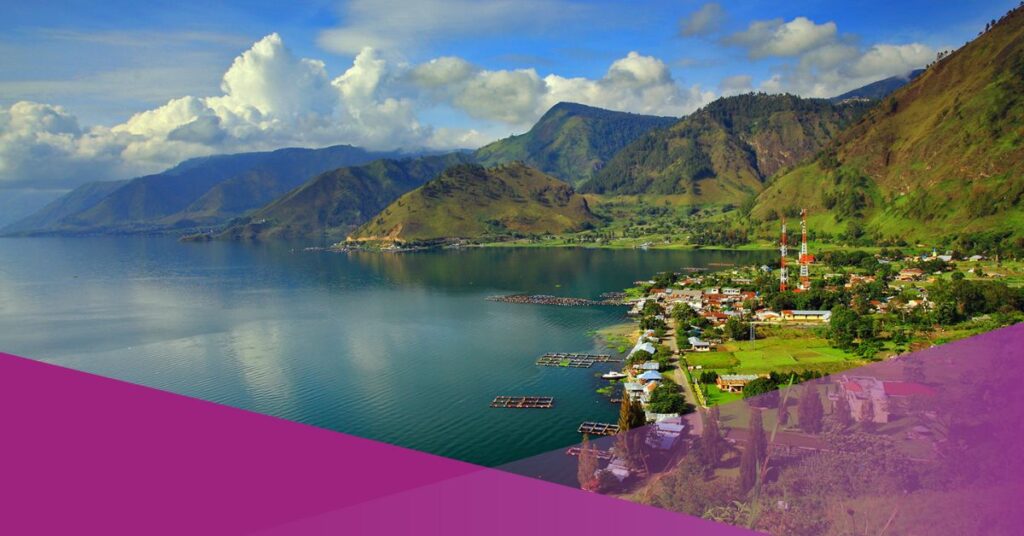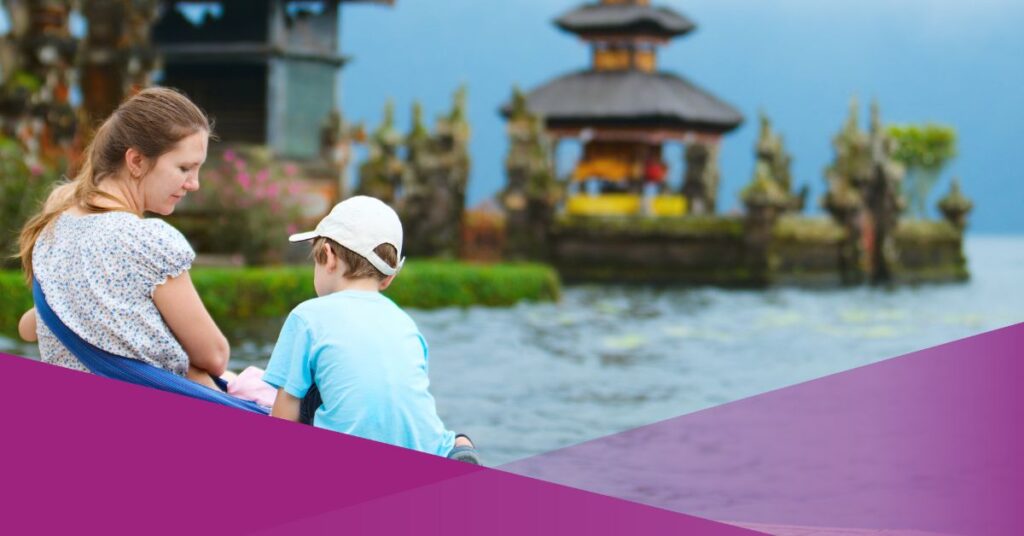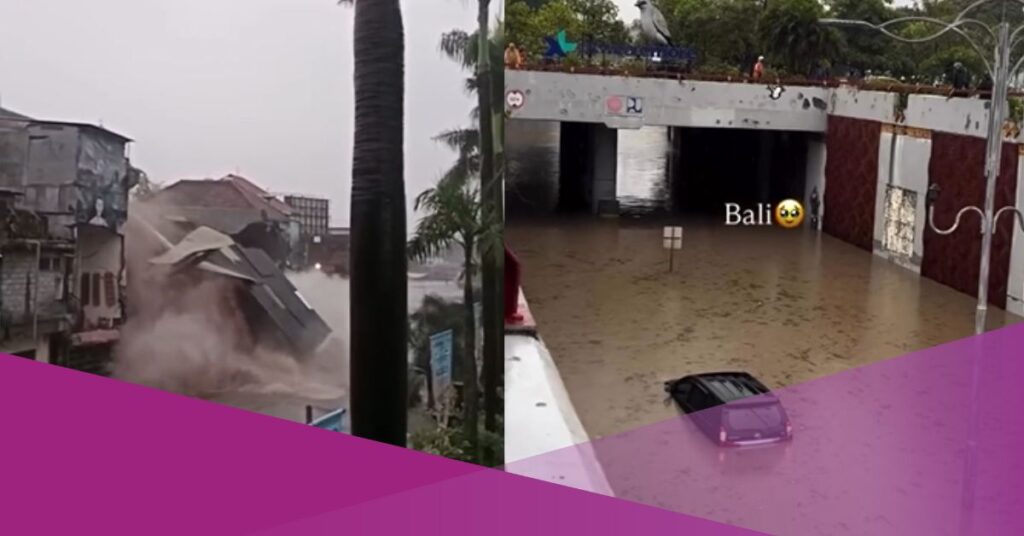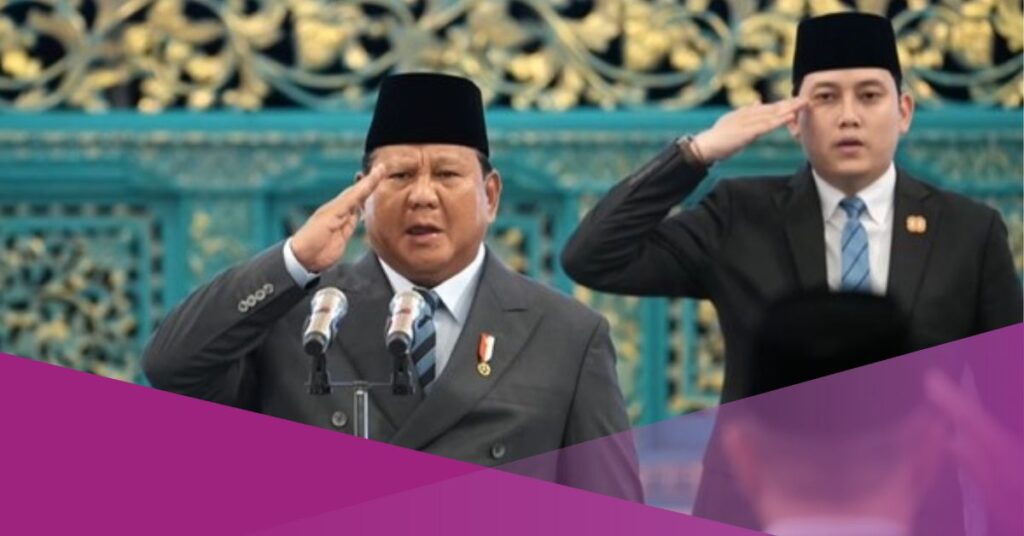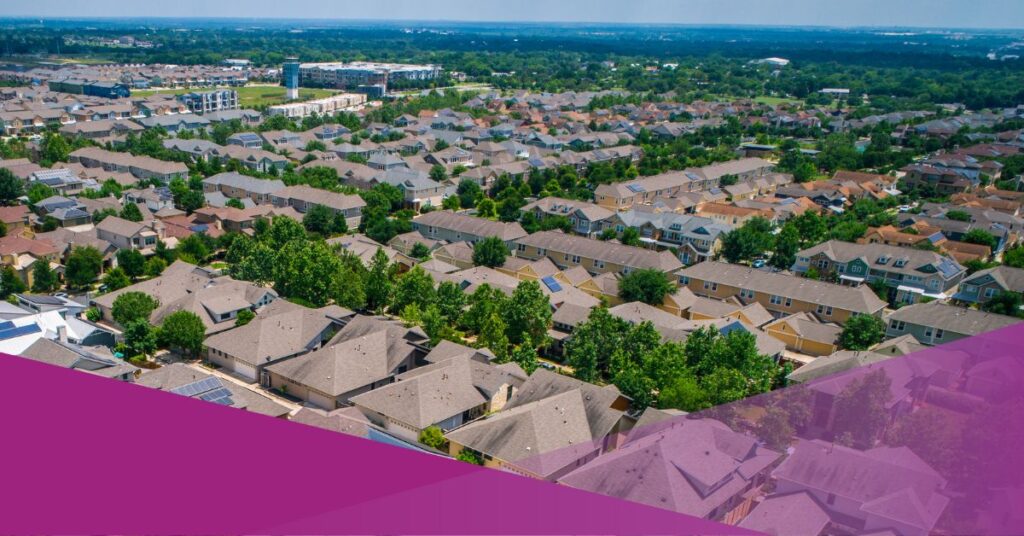The Toba Caldera Geopark in North Sumatra has regained its green card status as a member of the UNESCO Global Geoparks Network following revalidation at the 11th executive committee meeting of the Global Geopark Network (GGN) Conference in Kutralkura, La Araucania, Chile, on Saturday, 6 September 2025.
This development comes after the site received a yellow card in 2023 for failing to meet several management criteria. At the UNESCO Global Geoparks meeting in Morocco on 4–5 September 2023, the management of the Toba Caldera was instructed to make improvements before undergoing a two-year revalidation process.
Azizul Kholis, General Manager of the Toba Caldera UNESCO Global Geopark Management Agency, confirmed the decision.
“We hope that this achievement will be a stepping stone for better collaboration in the management of the Toba Caldera, and that it will bring more tangible benefits to the local community,” he said in Medan on Sunday, 7 September 2025.
The green card represents the highest membership rating in the Global Geoparks Network. It entitles the Toba Caldera Geopark to hold UNESCO Global Geopark status for the next four years. Every UNESCO Global Geopark undergoes revalidation every four years to ensure that management standards are maintained in accordance with established protocols.
“The decision on the three geoparks in Indonesia was read out by Setsuya Nakada, who was appointed as chair of the meeting,” Azizul explained.
Collaboration and Future Prospects
The announcement was met with appreciation from regional and national stakeholders. North Sumatra Governor Bobby Nasution urged continued collaboration, particularly among the seven regencies surrounding Lake Toba — Simalungun, Samosir, Toba, Humbang Hasundutan, North Tapanuli, Karo, and Dairi.
Azizul also expressed gratitude to the provincial government, local authorities, and the central government for their efforts.
“We hope that this achievement will serve as a stepping stone for better collaboration in managing the Toba Caldera, and that it will bring more tangible benefits to the local community,” he reiterated.
The Indonesian government has worked alongside local administrations and the geopark’s management to address issues raised by UNESCO during the 2023 review. Improvements were implemented ahead of the final revalidation visit, which took place on 21–25 July 2025.
The Toba Caldera Geopark spans seven regencies around Lake Toba. It is recognised for its distinctive geology, being the largest volcanotectonic caldera in the world, as well as for its biodiversity and cultural heritage.
The designation as a UNESCO Global Geopark is intended not only to safeguard these resources but also to support sustainable development and community empowerment.
The Global Geoparks Network Assembly and International Conference, held from 5–12 September 2025 in Chile, brought together official delegates from various countries to review membership and management standards. Indonesia’s participation reaffirmed its commitment to maintaining and strengthening its geoparks.
Alongside the Toba Caldera Geopark, Indonesia also manages two other UNESCO-recognised geoparks: the Ciletuh–Pelabuhan Ratu Geopark in West Java and the Rinjani Lombok Geopark in West Nusa Tenggara.
These sites, like Toba, will undergo regular reviews to ensure compliance with UNESCO’s protocols.
